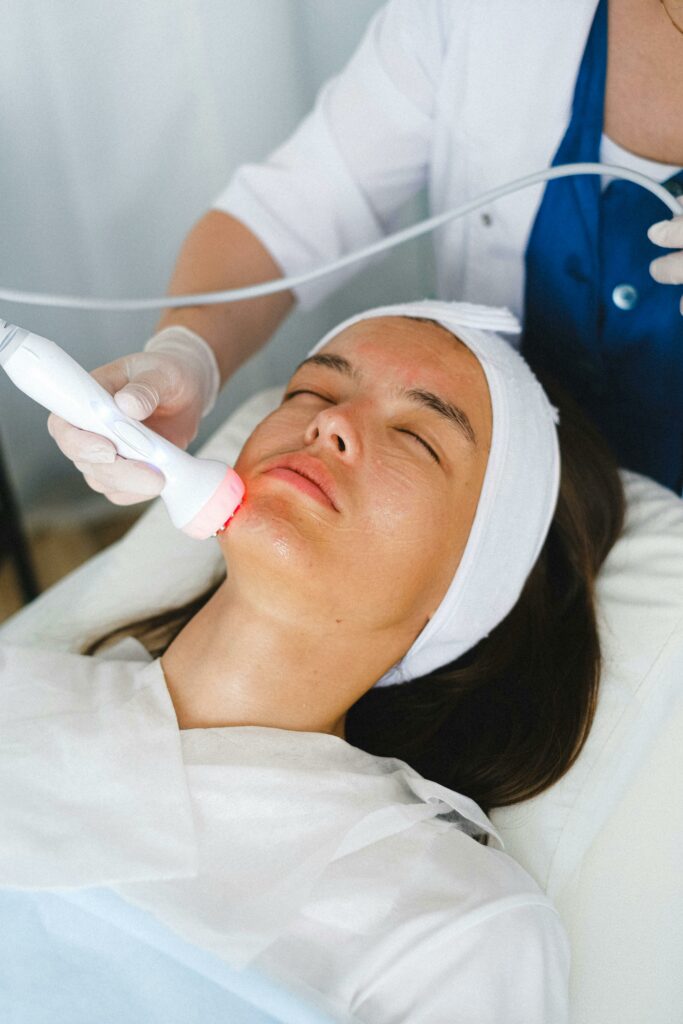Client Standards of Care
Background: As the demand for cosmetic procedures continues to increase, it is imperative to establish comprehensive standards of care to ensure the safety, well-being, and satisfaction of clients within the Body Altering Aesthetics industry. While advancements in surgical techniques and technologies have led to improved outcomes, there remains a need for clear guidelines and protocols to guide clients through their surgical journey.
Our Mission
This initiative seeks to implement the robust standards of care that have been developed that address the diverse needs and concerns of clients undergoing cosmetic procedures, with a focus on informed consent, patient education, client advocacy & respect, mental health consideration, and competent post-operative care.
Objectives of Initiative 2

Strategies
Conduct a comprehensive review of existing practices and guidelines related to client care in the Body Altering Aesthetics industry, identifying gaps and areas for improvement.
Engage stakeholders, including clients, healthcare providers, professional organizations, and regulatory bodies, in the awareness and implementation of the client standards of care that have already been defined by the Surgeon Governing Bureau through collaborative workshops, focus groups, accredited courses, and accredited guidelines that align with American healthcare.
Execute standardized educational materials, inclusive of but not limited to brochures, videos, and online resources, to educate clients about the surgical process, and recovery expectations.
Implement standardized protocols for conducting thorough pre-operative assessments, including medical history, physical examination, and psychological evaluation, to identify any risk factors or contraindications that may impact the client's care.
Provide training and resources for healthcare providers to enhance their communication skills, cultural competence, and ability to address client concerns and preferences effectively.
Implement mechanisms for monitoring and evaluating adherence to client standards of care, soliciting feedback from clients and providers, and making continuous improvements based on their input.
Advocate for policy changes and regulatory reforms to incorporate client standards of care into accreditation standards, licensing requirements, and professional guidelines, promoting consistency and accountability across the industry.
Expected Outcomes
-
Empowered clients who are well-informed, prepared, and actively engaged in their surgical journey, leading to improved satisfaction, outcomes, and overall well-being.
-
Enhanced client-provider communication and trust, fostering positive relationships and reducing the likelihood of misunderstandings, conflicts, and litigation.
-
Increased awareness and adoption of client standards of care among healthcare providers, educators, regulators, and industry stakeholders, promoting a culture of transparency, accountability, and patient-centered care.
-
Greater access to educational resources, support networks, and post-operative care services for clients, facilitating their recovery and promoting long-term success and satisfaction.
-
Advancement of the Body Altering Aesthetics industry through a commitment to client-centered care, continuous improvement, and ethical practice, positioning it as a leader in patient safety and satisfaction.

